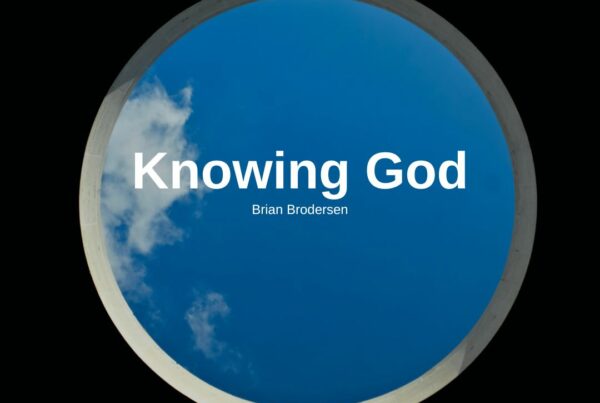
This is Part Two in a series on “Gospel Centered Preaching”. If you missed Part One click here.
There are many preaching approaches common in our day which do not maintain Christ as the central emphasis of the message. We as Bible teachers must ask ourselves the hard questions about our own motivations, and what we are hoping to accomplish in our delivery.
Here are some preaching approaches that are not gospel-centered:
1. Advice-centered preaching centers upon simply giving advice from “self-help” principles found in Scripture.
While this may at first seem helpful, Jesus said, “You search the Scriptures because you think that in them you have life, but these are they which testify of Me” (John 5:39). The gospel is a living transformational message found in the person of Christ. Jesus did not come just to give good advice, but to Himself become the agent of transformation. He is “the way, the truth, and the life” (John 14:6).
2. Virtue-centered preaching focuses on exhorting listeners to rise up and be better people.
For example, you can challenge people to “Dare to be a Daniel!” or “Fight the Goliaths in your life!”. While this may seem harmless it subtly leads people away from the gospel in which Christ is our strength. We are weak and He is strong. For the sake of Christ, then, I am content with weakness…“for when I am weak, then I am strong” (2 Corinthians 12:10). It is Christ living in us, empowering us to be strong in faith like Daniel and David. We need to abide in Him to find strength in every situation.
3. Politics-centered preaching leverages the Scriptures to promote a particular political view.
This may tickle the ears and rally the crowd; however, it does not follow the example of Jesus. He never allowed the political parties of His day to distract Him from the big picture. His priority was always preaching the kingdom of God.
4. Apocalyptic-centered preaching focuses primarily on interpreting the signs of the times for daily living.
While it is good to be aware of the signs of the times, as Jesus said, “When evening comes, you say, ‘It will be fair weather, for the sky is red,’ and in the morning, ‘Today it will be stormy, for the sky is red and overcast.’ You know how to interpret the appearance of the sky, but you cannot interpret the signs of the times” (Matthew 16:2). However, placing too high of a priority on eschatology will lead to an unhealthy fixation with times we are not meant to know in totality.Whereas, thorough communication of the gospel implications in the whole of Scripture will bring real change, as well as prepare people’s hearts for the coming of Christ.
5. Church-centered preaching uses the pulpit to focus congregants on the vision of their local church initiative.
If the core vision of the church is gospel-centric, then Christ will be exalted. However, these days, a church group may be tempted to exalt personalities and local pursuits such as church buildings, or bigger budgets. Bigger and better can at times capture the hearts of leaders. Although it’s good to want to shine a light in your community, a subtle change in focus can bring about a shift in priorities. Administering the gospel through every appropriation of a church vision is to ultimately communicate the gospel to people. That may or may not translate into projected church growth, but at least a gospel-centered preacher can sleep well at night knowing he has administered the ultimate mandate from God.
Gospel-centered preaching is intended to make rich men poor, and poor men rich. When the gospel is preached, people who are strong in a sense of their own morality are brought low as they realize their own inadequacy. The gospel greatly humbles any disciple of Christ when considering that the King, Jesus, gave up everything to redeem an unworthy mankind. For a poor man, the gospel is the best news he has ever heard. He is now in Christ, a child of God, an inheritor of the kingdom of heaven, and all the riches of God through Christ. Nothing that this world has, or will ever offer him, can compare to this invitation.
What a privilege it is to proclaim this good news! The King of the universe, from whom all the Law, ethics and virtue came, who puts political leaders into place, who is coming back soon to ultimately fulfill the grand story, is our wonderful Savior, Christ, the head of the church, surrendered Himself to occupy our sin-filled world, becoming the propitiation and sacrifice for us, fulfilling something we could have never accomplished––reconciliation with God. This good news consistently unpacked from Scripture is for unbelievers unto conversion, and is for believers unto spiritual health. When the gospel is preached week after week in the context of the whole of Scripture, everyone and anyone in need of the grace of God in Christ is welcomed to come to Jesus. The gospel is the fuel for the Christian, not just the ignition that starts the journey.






